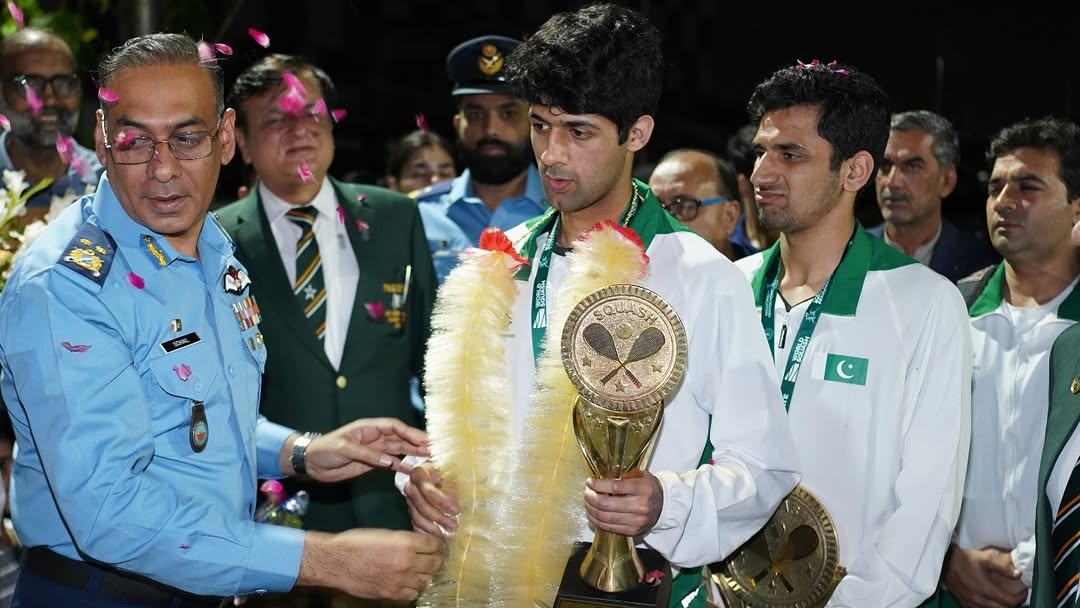Islamabad: All eyes are on a district and sessions court in Islamabad as it takes up an appeal today, Thursday, against arrest warrants issued for former Prime Minister Imran Khan in a case popularly known as the Toshakhana reference, involving the sale of state gifts given by foreign leaders while he was prime minister.
Police arrived on Tuesday outside Khan’s Zaman Park residence in Lahore with a court-issued order to arrest him, unleashing clashes with supporters that lasted two days and led to injuries on both sides.
On Wednesday evening, the Lahore High Court (LHC) halted the police operation to arrest Khan until 10am today, March 16, while the Islamabad High Court (IHC) disposed of a plea seeking the cancelation of the Khan’s arrest warrants and called on the ex-PM to approach the sessions court for the suspension of warrants.
Khan’s legal team arrived at the sessions court around 830am on Thursday, Pakistani media widely reported.
“The court has to ensure security to life and property of the citizens,” LHC judge Justice Tariq Saleem Sheikh had said on Wednesday as he directed police to halt the operation outside the residence of the Pakistan Tehreek-e-Insaf (PTI) chief.
Pakistani media described the situation in Punjab on Thursday morning as a “calm before the storm.”
“Police pickets around the residence are still in place while a defiant Imran Khan is refusing to back down,” Dawn reported. “The second-tier leadership of the PTI is fearing an escalation of hostilities, whereas the residents of the city are keeping their fingers crossed.”
Pakistan’s election commission found Khan guilty in the Toshakha case last October. A criminal inquiry is now underway, and if convicted, Khan faces being barred from holding public office, a huge setback with a national election scheduled for late this year.
Police say a court in Islamabad ordered Khan’s arrest for not appearing before it despite repeated summons. Khan and his aides cite security concerns for the non-appearance. The ex-PM received gunshot wounds in November last year while leading an anti-government rally.
Apart from the Toshakhana reference, the ex-premier has been booked in over 70 different cases on various charges, including blasphemy, terrorism and sedition, which carries the death penalty in Pakistan. He has appeared in court in other cases. Khan says the cases against him are politically motivated which the government denies.
Khan was ousted from power in a parliamentary vote of no-confidence last April and has since held rallies and protest marches to ask the government to announce snap national elections.

















